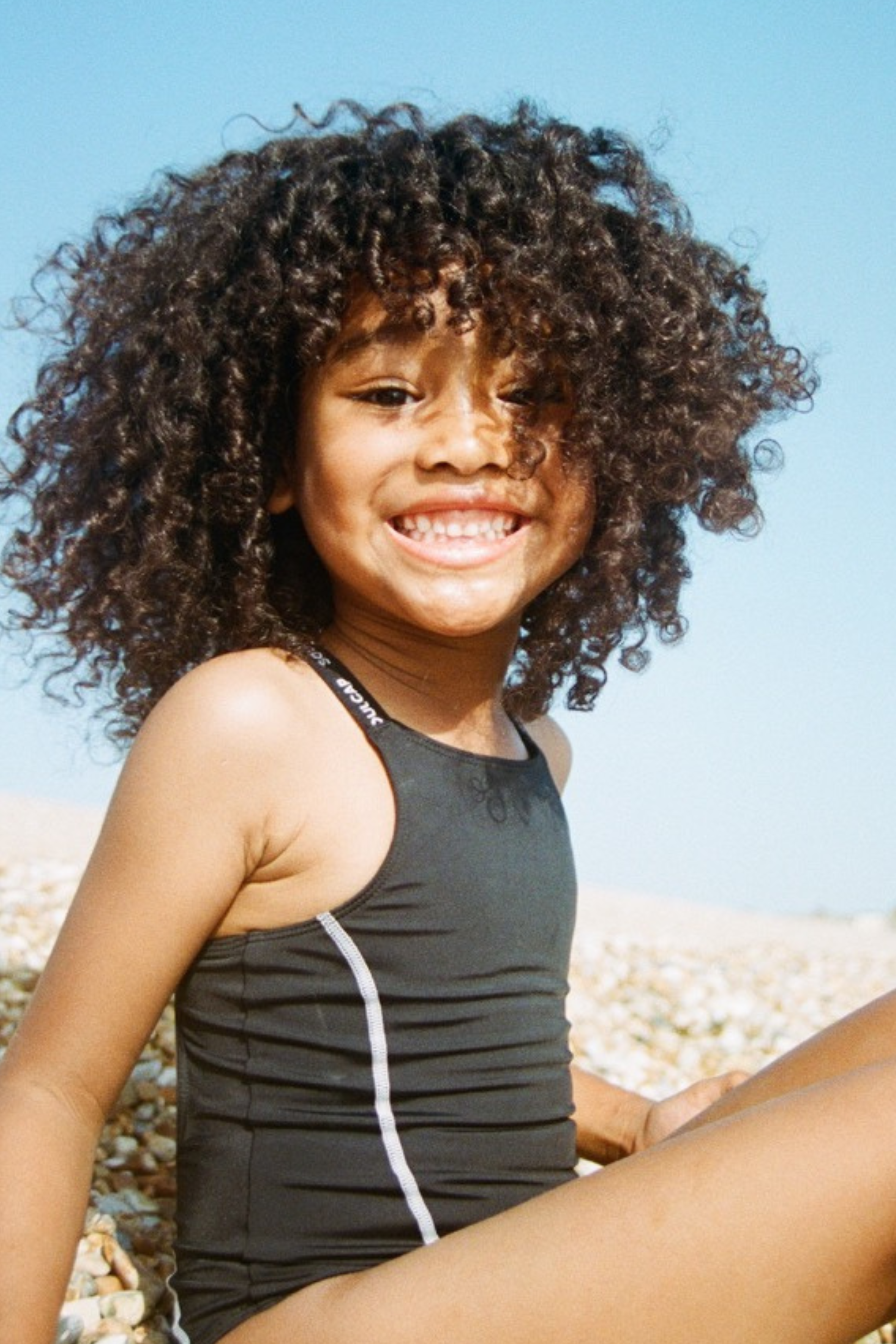Love The Oceans is a grassroots marine conservation charity working to create a holistic conservation strategy, benefiting both the planet and people. We work mainly in Mozambique and use marine research to inform legislation around marine habitat and species protection, and outreach to help our local community manage their own marine resources.
One of our projects is our gender equity project, or our Sea Her Project. In our Sea Her Project, we’re dedicated to empowering women in coastal communities by providing comprehensive training programs that transform the way they interact with the ocean. We train women to become swim teachers, enabling them to serve as role models and break down cultural barriers that have historically discouraged women's participation in aquatic activities. Additionally, we offer diving courses that equip women with skills necessary to engage in marine conservation efforts, such as coral reef monitoring and restoration. In 2023 we also started economically empowering women by introducing sustainable practices like mussel farming as an alternative source of protein and income to unsustainable fishing practices. Mussel harvesting is the only ocean-based activity (albeit shore-based up until this point) women have been traditionally involved in, and by starting a small ocean-based women-run business farming mussels in the sea, it provides an independent source of income for women in our area. This multifaceted approach not only fosters economic independence but also promotes sustainable living and environmental stewardship within their communities. Swimming is a key skill in all these avenues.
Swimming has always been a part of life along the coast, yet for many in Black and Brown communities, it remains an intimidating skill to learn. In places like Mozambique, the strong tides and powerful waves make the ocean feel unpredictable and even dangerous. For generations, this fear has kept people, especially women, from learning how to swim. But what if we changed that? What if swimming wasn’t just seen as a sport but as a tool for empowerment and marine conservation?
SOUL CAP is helping to break down barriers in swimming by making it more accessible for Black and Brown people. Traditional swim caps often don’t accommodate natural hair, making swimming feel even less welcoming for women like me that have locs, for example. But representation matters. When we create spaces where people feel included, we open the door for more people to build confidence in the water and then in themselves.
In the communities where I work, learning to swim is not only about being in the water, it’s about changing perspectives. When people feel comfortable in the ocean, they are more likely to engage with it, respect it, and protect it. That’s why our swimming and gender equity programs focus on teaching children and adults – especially girls and women – how to swim, breaking the cycle of fear and exclusion. These programs aren’t just about swimming lessons; they are about creating future conservation leaders who see the ocean as a place of opportunity that needs to be protected rather than a place of danger.
Gender equity plays a huge role in this work. In many coastal communities, men are traditionally the ones who engage with the sea (fishing, diving, or even just swimming for fun), while women are often discouraged from entering the water. By teaching women and girls how to swim, we’re creating new opportunities for them to be part of marine conservation, whether through scientific diving, sustainable fisheries, or community-led ocean protection initiatives.
The ocean belongs to everyone, but for too long, access to it has been unequal. Through programs like our Sea Her Project and with brands like SOUL CAP leading the way in inclusivity, we are changing the narrative. Swimming should not be a privilege; it should be a right. By making it accessible, we are ensuring that the next generation, regardless of gender, race, or background, can step into the water with confidence and a sense of belonging, creating the next generation of ocean stewards. A thriving ocean means a thriving community.
So let’s break the cycle, because when we do, we’re not just creating swimmers, we are creating ocean champions.


